"I'm excited to announce today that our Motorola Mobility deal has closed," Google Chief Executive Larry Page wrote on the company's official blog on Tuesday. "Motorola is a great American tech company that has driven the mobile revolution, with a track record of over 80 years of innovation, including the creation of the first cell phone."
With the takeover complete, Sanjay Jha has resigned as CEO of Motorola, and has been replaced by Dennis Woodside, formerly Google's vice president of Americas Operations. Woodside's succession as Motorola Mobility CEO was first announced in February.
Though Google now officially owns Motorola Mobility, it plans to operate its acquisition as a separate business that will remain a licensee of Android. Google has said that will allow other Android-based smartphone makers, like Samsung and HTC, to compete without giving Motorola an unfair advantage.
The deal was cleared after months of regulatory approval, which concluded last week with a rubber stamp from the Chinese government. China was the final jurisdiction to grant approval after the merger was greenlit by the European Commission and U.S. Department of Justice.
Google first announced last August that it had reached an agreement to buy Motorola Mobility for $12.5 billion. Outsiders have speculated that Google made the purchase to gain ownership of Motorola's extensive mobile patents, though Google officials have contended that the deal was instead for Motorola's products.
Motorola has seen its share of the worldwide mobile device market continue to slide as the smartphone race has increasingly become a showdown between Apple and Samsung. Data released last week by research firm Gartner showed that Motorola's share of mobile device sales slid from 2.1 percent in the first quarter of 2011 to 2 percent in the first quarter of 2012.
Along with Motorola's 17,000 patents, Google will also acquire the company's ongoing legal disputes, including a patent infringement case with Apple. The legal battle between Apple and Motorola already spans across multiple lawsuits in various countries.
Page asserted last August that "anticompetitive" patent litigation from Apple and Microsoft forced Google to buy Motorola Mobility. He argued that the acquisition of Motorola would increase competition by strengthening Google's patent portfolio, protecting the platform from litigation from Microsoft and Apple.
 AppleInsider Staff
AppleInsider Staff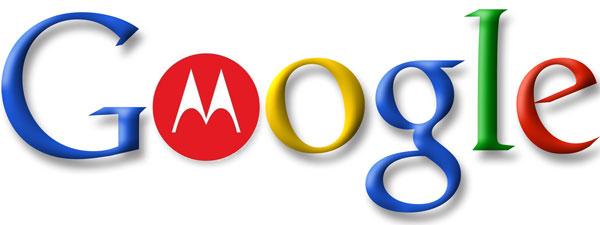


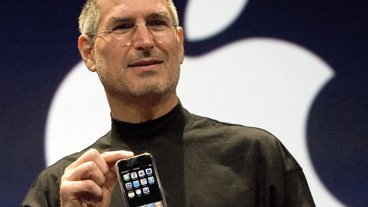

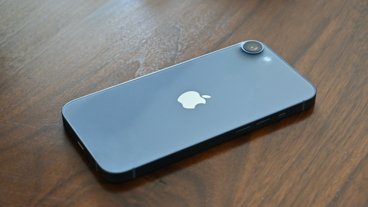
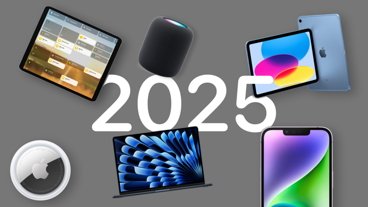
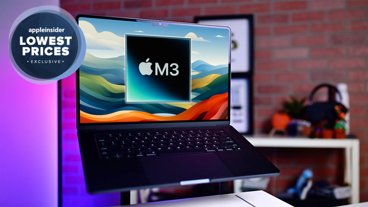
-m.jpg)






 Malcolm Owen
Malcolm Owen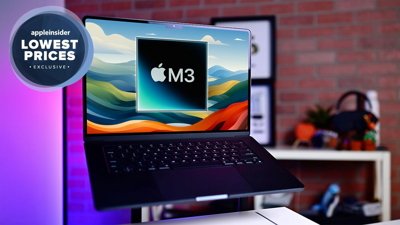
 Christine McKee
Christine McKee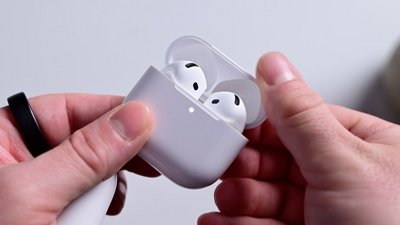

 Sponsored Content
Sponsored Content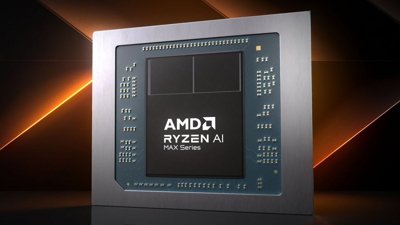
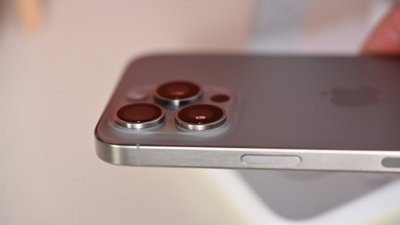


 Wesley Hilliard
Wesley Hilliard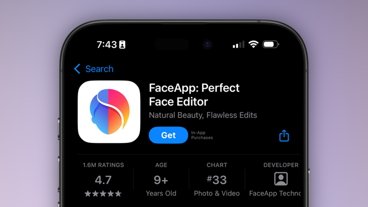








53 Comments
Google, the new evil. Stealing from others then buying an arsenal to protect their theft.
"We didn't go into the Search business." - Steve Jobs
Great news for Windows Mobile. They'll be the biggest beneficiary of this deal. Not to mention Motorola's shareholders who got more than it was worth.
Let the MMI layoffs begin...
Let the OEM Android desertions begin...
I see this as a big opportunity for Microsoft to pick up a large portion of the Android smartphone business...
If Page calls Apple's suits as 'anticompetitive' I wonder what he calls Moto's FRAND violating tactics. Business as usual?